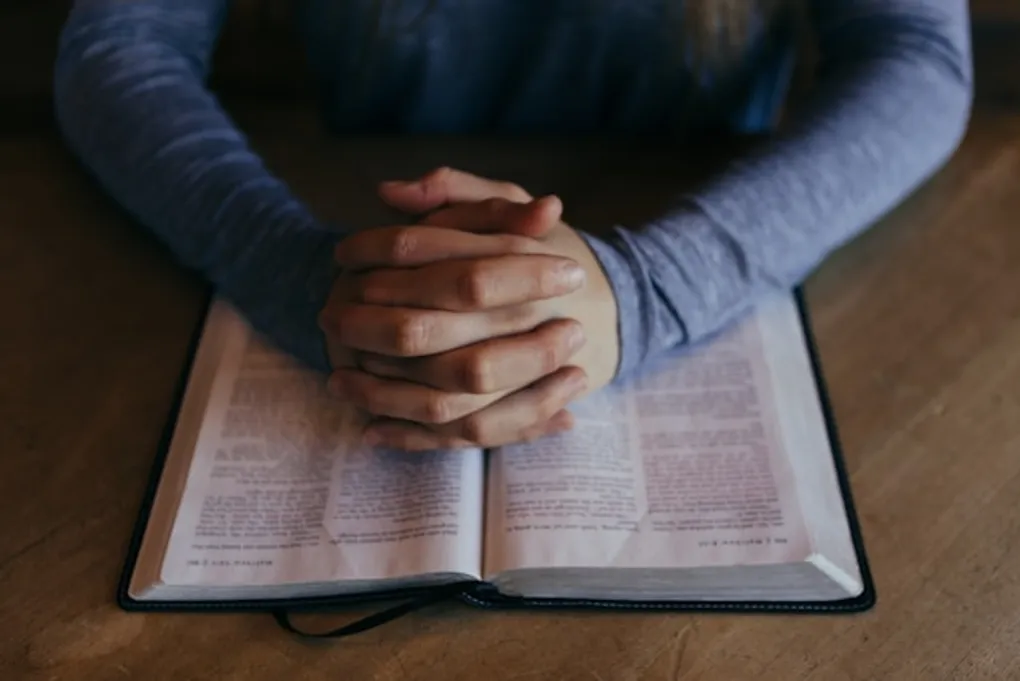
"You, who are evil"
This week’s lectionary reading is from Luke 11, verses 1 through 13 (translation NRSVUE):
1He was praying in a certain place, and after he had finished, one of his disciples said to him, “Lord, teach us to pray, as John taught his disciples.” 2So he said to them, “When you pray, say: Father, may your name be revered as holy. May your kingdom come. 3Give us each day our daily bread. 4And forgive us our sins, for we ourselves forgive everyone indebted to us. And do not bring us to the time of trial.” 5And he said to them, “Suppose one of you has a friend, and you go to him at midnight and say to him, ‘Friend, lend me three loaves of bread, 6for a friend of mine has arrived, and I have nothing to set before him.’ 7And he answers from within, ‘Do not bother me; the door has already been locked, and my children are with me in bed; I cannot get up and give you anything.’ 8I tell you, even though he will not get up and give him anything out of friendship, at least because of his persistence he will get up and give him whatever he needs. 9“So I say to you, Ask, and it will be given to you; search, and you will find; knock, and the door will be opened for you. 10For everyone who asks receives, and everyone who searches finds, and for everyone who knocks, the door will be opened. 11Is there anyone among you who, if your child asked for a fish, would give a snake instead of a fish? 12Or if the child asked for an egg, would give a scorpion? 13If you, then, who are evil, know how to give good gifts to your children, how much more will the heavenly Father give the Holy Spirit to those who ask him!”
This was my first reaction when reading Luke’s version of the Lord’s Prayer:

Compared to the one we Lutherans say on Sundays it’s missing a little bit, such as, “…your will be done, on earth as it is in heaven.” A more fleshed-out version is found in Matthew 6:9-14, but it too lacks the bit about the kingdom, the power, and the glory. The Lord’s Prayer is intended to be the Essentials kit of prayer, so it’s interesting that this version is so barebones.
I first really examined the Lord’s Prayer my freshman year of college. Until that time in my life I was an evangelical, but I really only had a passing understanding of the Bible. I remember being a little uncomfortable with the forcefulness of Jesus’ requests. “Give us bread!” “Forgive our sins!” Isn’t it presumtuous for us to demand anything of God in that way?
But I think that’s the very kind of attitude that verses 7 through 13 are supposed to address. It’s not presumption for children to ask their parents for food. That’s how the relationship is supposed to work. Even if we want to call it a demand, it’s still legitimate if it’s in the pursuit of something already promised. God does promise us redemption and life everlasting. So if we don’t see it, it’s not improper to ask.
This perspective also helped clarify the Psalms for me, but that topic deserves a separate post.
”you…who are evil”
Jesus’ persistent prayers are one place in this passage where his bluntness is on full display. The second place is in verse 13, where he just straight up calls his disciples evil.
The two Greek words I usually see translated as evil are κακός and πονηρός. They’re similar but not equivalent; verse 13 uses the latter.
Something is κακός if it’s evil in essence or character. Conceptually it’s the opposite of καλός, which means good/beautiful. Something that’s κακός would be, as an extreme example, murder. There’s no way to murder someone in accordance with God’s will.
Conversely, something is πονηρός if it’s evil in effect. It’s derived from the noun πόνος, which originally meant hard labor, but comes to mean pain more generally. Think of a tornado. There’s nothing fundamentally good or bad about the movement of wind. What makes it “bad” is the damage and pain it causes. Maybe harmful is a better word to use since it has less of a moral quality.
Essentially Jesus is saying, “You all do harmful things, but you also do good things for your children. Well, God doesn’t do harmful things, and since you’re God’s children, imagine what kind of good things God will do for you.” It’s less…aggressive than it seemed to me at first.
”The time of trial”
I notice that the final petition of Jesus’ prayer uses the phrase time of trial. I’m used to it reading temptation, which is what the NASB uses at least. There’s some good exegesis to be done here about the nature of trials and temptations, but I’ll leave it as an exercise for the reader.
To get you started, the word translated as time of trial or temptation is πειρασμός. At Luke 10:25, the lawyer tests Jesus using the related word ἐκπειράζων.
Man does not subsist on bread alone
It’s worth noting that all of Jesus’ examples are about food. Then, to finish the analogy, he describes God providing spiritual food: the Holy Spirit.
My hope is that you, the reader, receive what you need. Our assurance is that God gives freely.
God of abundance, you withhold nothing from those who ask. May your promises embolden us to receive the fullness of your grace and to share in it with all of creation. Amen.